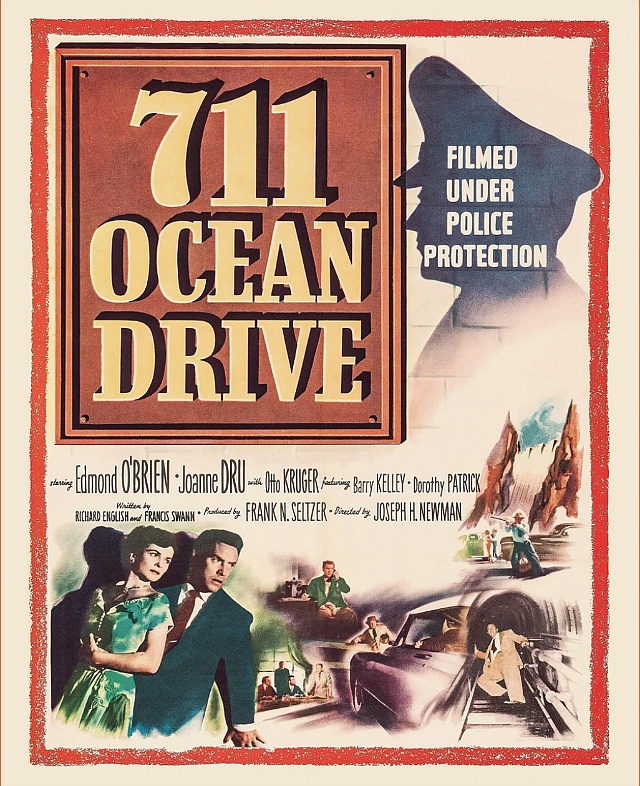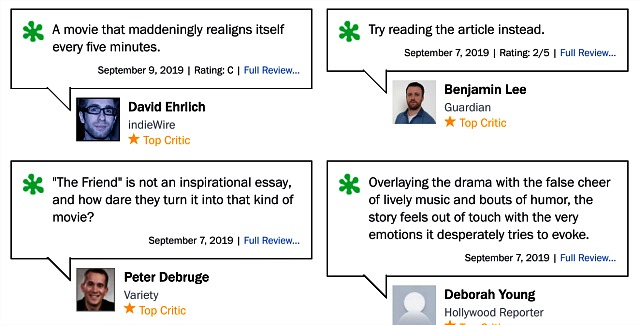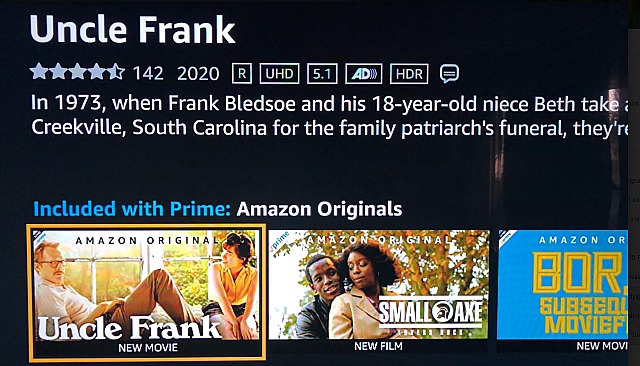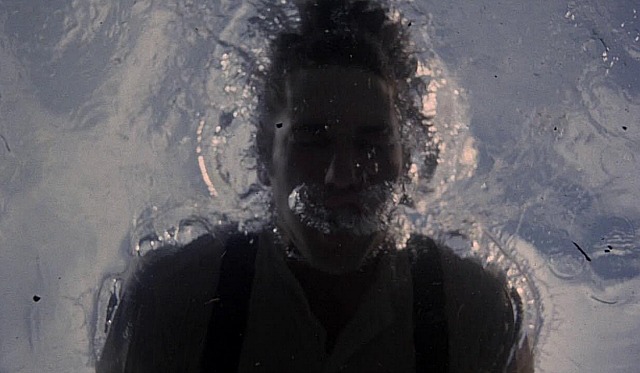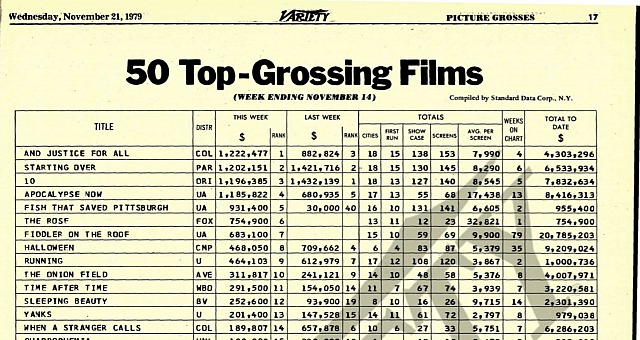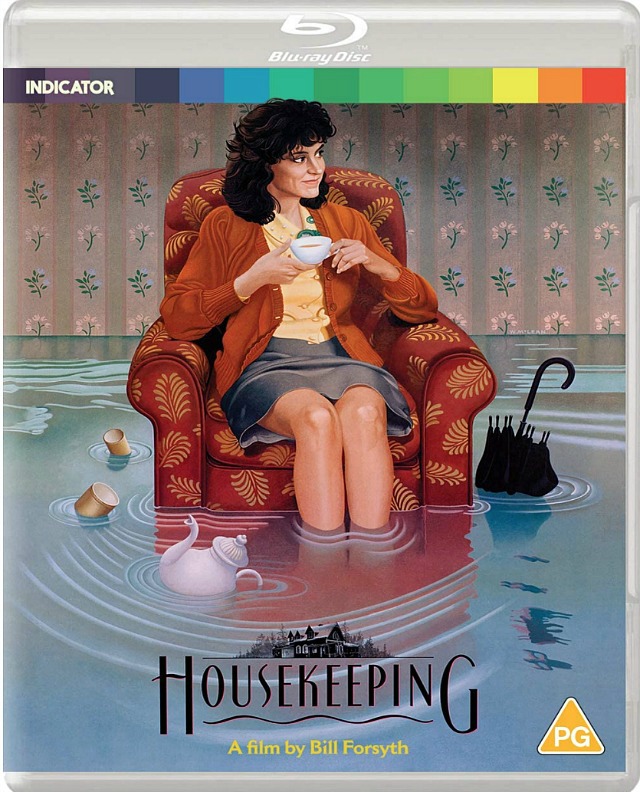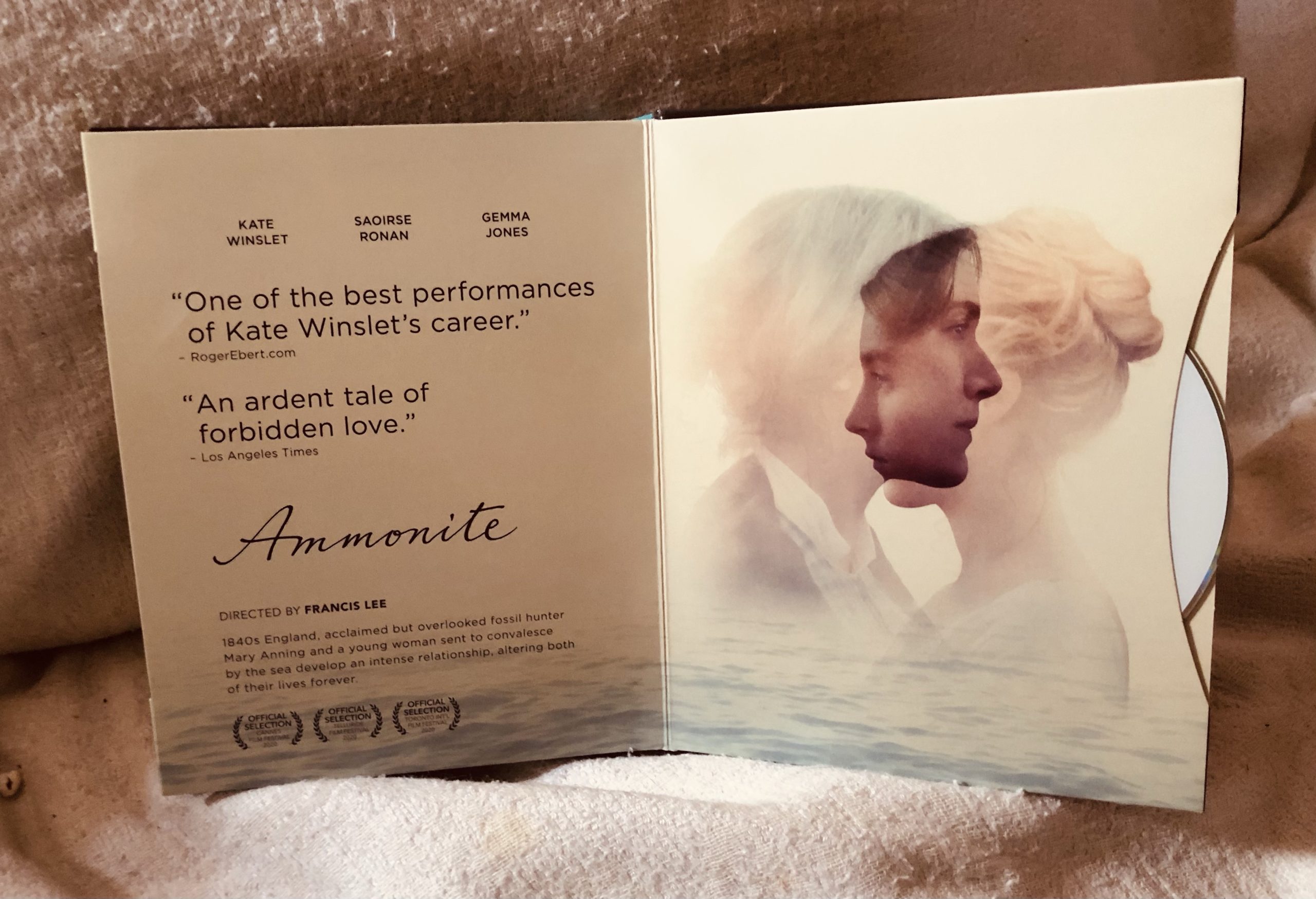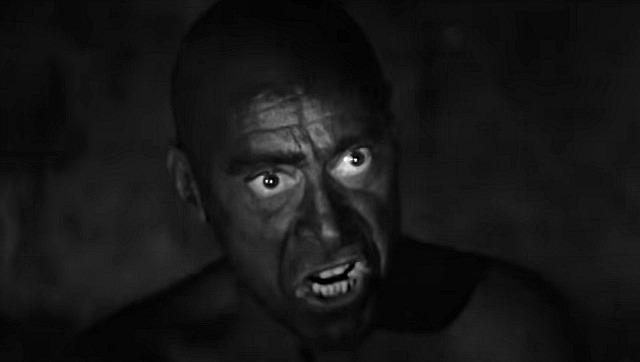N.Y. Times film critics A.O. Scott and Manohla Dargis have authored a piece titled “The 25 Greatest Actors of the 21st Century (So Far)“. My immediate impression was that it’s mainly an opportunity for Tony and Manohla to demonstrate how profoundly aroused and motivated they are by the woke political winds that are currently blowing through urban culture.
Leaving aside the half-smirking inclusion of Keanu Reeves and Melissa McCarthy, neither of whom are regarded as even semi-major actors by anyone (even though both are respected**), Tony and Manohla apparently picked their faves from a woke checklist perspective. A couple of seasoned critics making an honest effort to be as inclusive as possible or a pair of eloquent gladhanders sucking up to the p.c. vanguard?
Tony and Manohla kept their white cisgender male honorees down to four (five if you count Reeves). They named 12 women if you count McCarthy. They selected two South Korean actors and one from China. (Friendo: “Two Korean actors? You’d almost think this list was drawn up by LAFCA!”) They saluted four African American actors, but in the case of Mahershala Ali were careful to thoroughly trash Green Book. And they love the over-exposed Nicole Kidman, who’s listed fifth from the top. They included Wes Studi, a seasoned Native American whose coolest performance was in Michael Mann‘s Heat. And three with south-of-the-border origins — Oscar Isaac, Gael Garcia Bernal and Sonia Braga.
The honorees, in this order, are Denzel Washington, Isabelle Huppert, Daniel Day Lewis, Keanu Reeves, Nicole Kidman, Song Kang Ho, Toni Servillo, Zhao Tao, Viola Davis, Saoirse Ronan, Julianne Moore, Joaquin Phoenix, Tilda Swinton, Oscar Isaac, Michael B. Jordan, Kim Min-hee, Alfred Woodard, Willem Dafoe, Wes Studi, Rob Morgan, Catherine Deneuve, Melissa McCarthy, Mahershala Ali, Sonia Braga and Gael Garcia Bernal.
I seriously love the way Scott goes through pretzel contortions to praise Ali while hating on Green Book — i.e., “Mahershala was great despite Green Book being a piece of shit,” he basically says. Wrong — Mahershala’s Best Actor Oscar and Green Book’s Best Picture win happened for the same reason — carefully applied, just-right burnishings of an emotionally poignant period piece.
Tony and Manohla definitely dropped the ball by ignoring Leonardo DiCaprio‘s 21st Century output, if only for his wowser-mythical Wolf of Wall Street performance. Not to mention his work in The Revenant and The Departed.
And what about Meryl Streep, for God’s sake? Her greatest 21st Century performances would minimally include seven — Adaptation, A Prairie Home Companion, The Devil Wears Prada, Doubt, The Iron Lady, August: Osage County and The Post…how could they have possibly blown her off?
Ditto Phillip Seymour Hoffman in all the well-buffed films he made this century…Almost Famous, The 25th Hour, Capote, Charlie Wilson’s War, Doubt, Moneyball, The Master, A Most Wanted Man. A friend says that PSH “seems to have been left off by dint of being dead, as apparently they limited the pool of candidates to living actors.” HE response: That’s not fair, is it? PSH was on the planet for the first 13 years of this century (or roughly two-thirds of the first two decades) so why should he be dismissed because he’s gone? Quality, not quantity…right?
Casey Affleck‘s Oscar-winning performance in Manchester By The Sea…this alone plus his fascinating turns in Gone Baby Gone, Ain’t Them Bodies Saints, Out of the Furnace and The Assassination of Jesse James by The Coward Robert Ford earn him a place on this list. Oh, wait, sorry, I forgot…Casey was accused of boorish sexual behavior by a couple of female coworkers (resulting in a cash payout), which necessitates a #MeToo penalty.
And what about Adrien Brody‘s emotionally devastating, less-is-more performance in The Pianist? Naaah…Roman Polanski‘s regarded as a bad person so that cancels out Adrien.
Critic friendo: “You see what happened, right? White men relegated to the sidelines (in an ‘Oooohhh, take that!’ way). And what about Brad Pitt?
“[The list is] presented as a mixed international bag, but it’s clearly conceived to be almost exclusively women and POC. It’s a game, a stunt, a woke conceit. It’s so patronizing: They’re handing out fake trophies to the ‘disenfranchised,’ and want a pat on the back for doing so. What could be more…white?”
** McCarthy is especially admired for Can You Ever Forgive Me?
